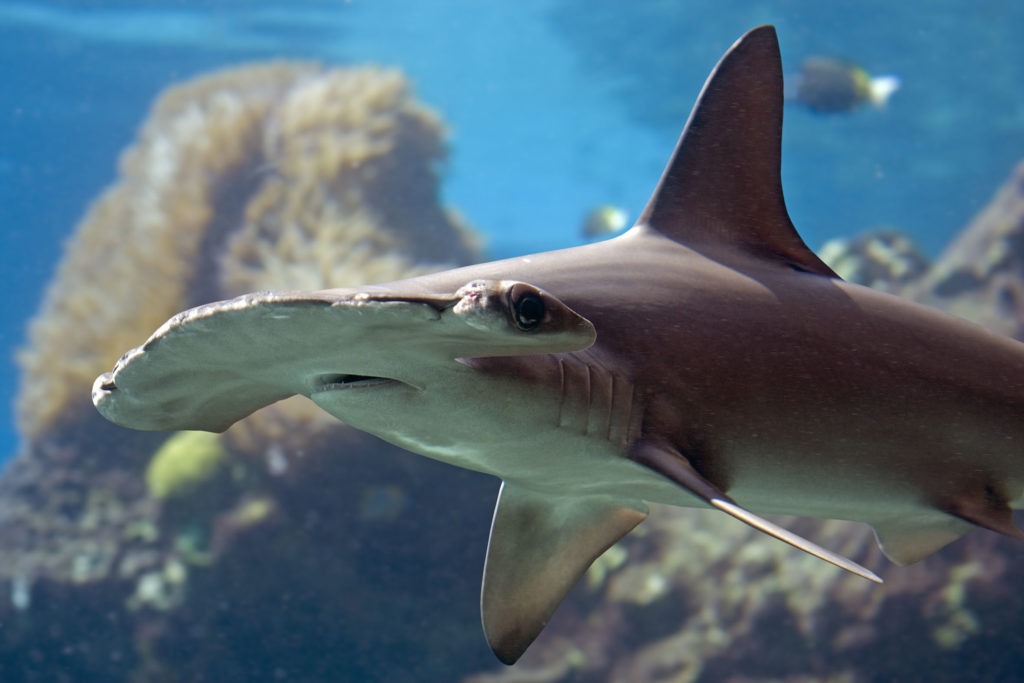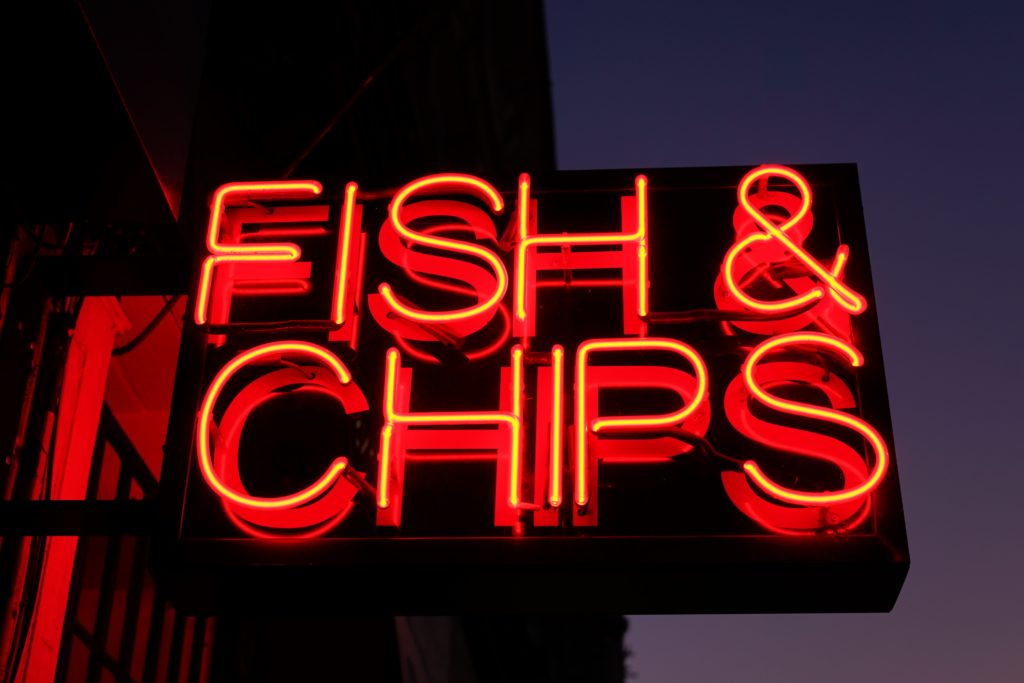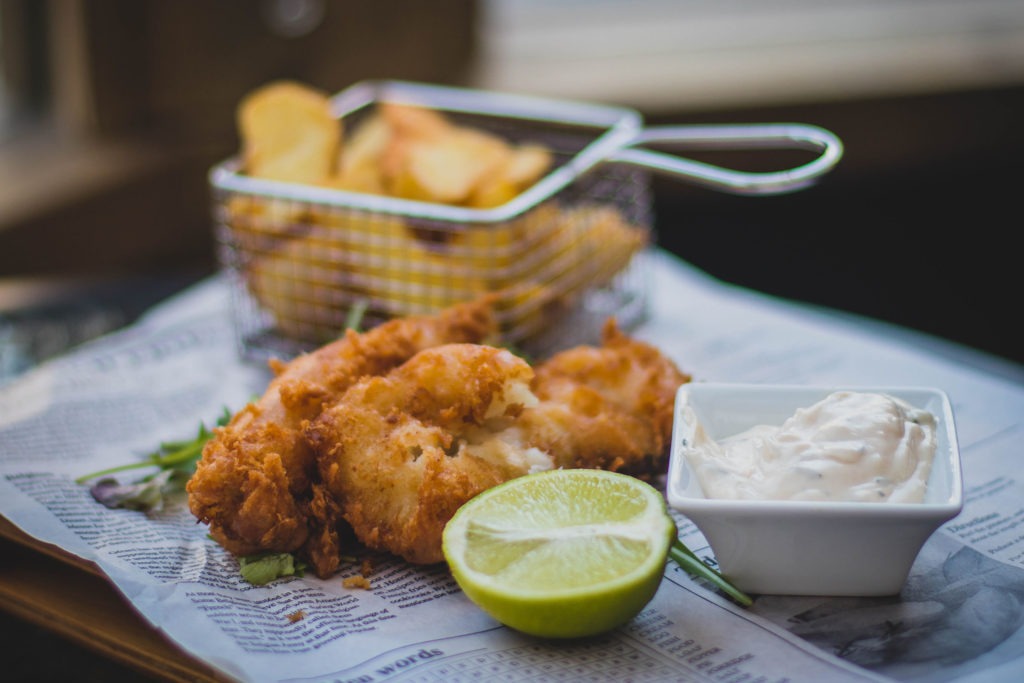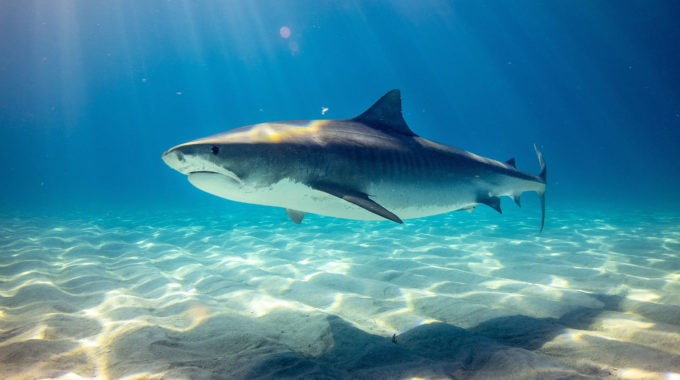Consumers urged: #GiveFlakeABreak
The Australian Marine Conservation Society (AMCS) is encouraging seafood lovers to take the pledge to #GiveFlakeABreak and choose sustainable alternatives when they visit their local chippy. However, the Seafood Industry Australia (SIA) says that this campaign is a “misdirected and confused attack”, and one which ignores the real issue at hand.
In Australia there is no legal obligation to label shark meat, commonly known as “flake”, for what species it is or where it’s from, and quirks in Australia’s national environmental law permit the harvest of endangered sharks. The AMCS claims there are also problems with the way some shark species are fished in Australia, which can result in the deaths of threatened species of turtles, dolphins, dugongs, seals and other protected shark species.

AMCS shark scientist Dr Leonardo Guida says there are plenty of sustainable alternatives for seafood lovers who are hankering after some fish and chips, and to use the AMCS’s sustainable seafood guide GoodFish to make their choice.
“By pledging to give flake a break, we’re signalling that endangered sharks need better protection,” he says. “We need to give sharks the breathing room they need to recover, while we continue to improve fisheries practices and tighten our laws.”
Dr Guida says that flake should only refer to shark meat from gummy and rig sharks which aren’t endangered, yet the critically endangered school shark, scalloped hammerhead and whitefin swellshark can still end up on your plate as flake.

“Misdirected and confused attack”: seafood industry responds
The seafood industry has swiftly responded to the AMCS campaign, calling it a misdirected attack on Australia’s legitimate and sustainable fish and chip industry.
“This is actually a story about the discrepancy in Australia’s food labelling laws,” says SIA CEO Veronica Papacosta. “All seafood sold in the retail sector must be labelled with the country of origin. But as soon as the food is cooked and sold those laws disappear, meaning consumers cannot readily distinguish between sustainable and non-sustainable seafood.”
Papacosta says that telling people to stop eating flake will only negatively impact Australian fisheries and the foodservice industry, many of whom are still recovering from COVID-19.
“Encouraging Australian consumers to stop eating flake fish and chips simply displaces the issue,” she says. “We again ask the Australian Government to legislate and enforce country of origin labelling for seafood sold in the foodservice sector.”

Papacosta directs concerned consumers to independent information on the sustainability of Australian seafood via the free Status of Australian Fish Stocks Reports app.
“Australia’s professional fishers care about the marine environment, understand the need to protect certain species and work to ensure the long-term sustainability of fish stocks,” she says. “Our oceans are our livelihood, and the livelihood of generations to come.”
Meanwhile, Dr Guida says that, on average, $2 is the difference between eating an endangered shark and a sustainable alternative.
“But you wouldn’t necessarily have to leave the shop to pick something more sustainable,” he says. “Have a chat with your retailer, ask questions about your fish, and in choosing sustainable options, we’re better supporting local industry and healthy oceans all at once.”
You can sign the pledge to #GiveFlakeABreak at sharkchampions.org.au/flake









